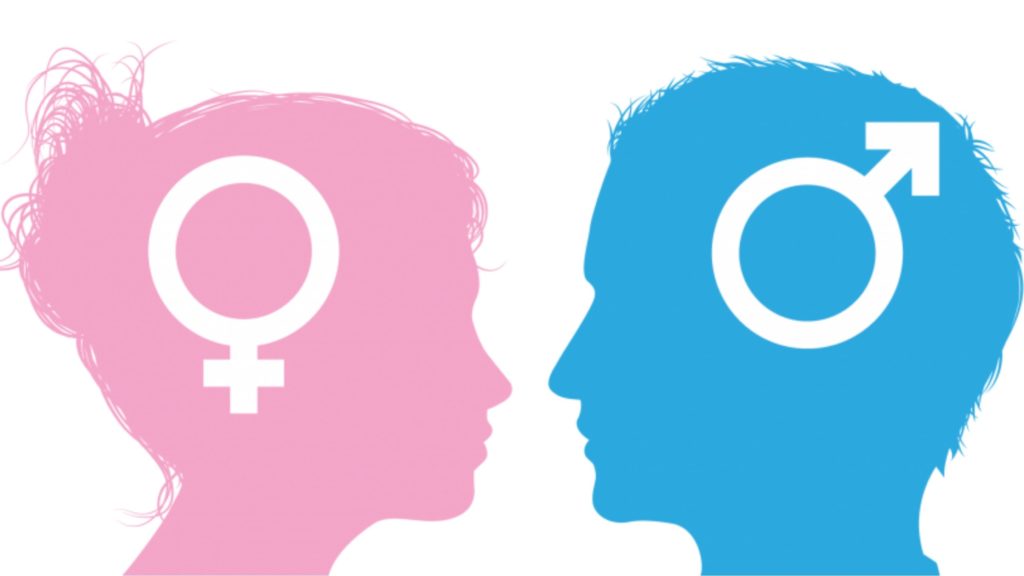The Effect of Gender Stereotypes on Expectations

How much do we let gender stereotypes affect our expectations of students? How much damage does this really do?
In my last blog I looked at the undeniable fact that there are gender differences in educational outcomes – at the end point girls seem to out-perform boys. So the question is are these differences innate (a biological predisposition) or due to social and cultural conditioning? Now I think we can all agree that there is a biological difference in the genetics between boys and girls but the question is how much influence do these differences have on classroom experience, is there as much variation within the genders as there is between the genders? For me this is interesting because (a) when I look back at my own education as a girl I much preferred sciences and maths, hated reading and found sitting still virtually impossible (and still do) and (b) because as a mother of 3 boys I really wonder whether my own naïve expectations has meant they are more ‘boy-like’ than they might otherwise be when it comes to education.
I am going to draw from Cordelia Fine’s book Delusions of Gender here to dig a bit deeper into the idea of culture and social influence. Right from the moment we consider having children we think about whether we want sons or daughters and how the relationships will be different. When we are pregnant and know the gender of the baby we use different words to describe the movements we feel (boys are ‘vigorous’ and ‘strong’ where girls are ‘not excessively energetic, not terribly active’.). From the moment babies are born we treat them differently without even knowing – the language we use, the role models they see, the colours we dress them in, the books we read them. To get away from this takes a huge amount of dedication and given that we can’t raise our children in isolation, even if we are not giving out these messages, others are and that includes teachers.
In the classroom these messages can be blatant – boys play football and girls play netball – or subtle in the language teachers use ‘I need two strong boys to help me’ or the way they set their classroom up or organise their seating plan. Our expectations, as Rosenthal and Jacobsen demonstrated, affect outcomes. So if we as teachers expect girls to be good readers and sit quietly and boys to be raucous and good at maths – surprise, surprise that’s what we get.
But perhaps these differences are biological? This has been tested by seeing if we can induce a stereotype and then look at performance and this is where it gets interesting. If you prime students about their gender (i.e. get them to tick a box on gender vs. say ethnicity or write their own name or an alias (of the opposite gender)) women do worse on a subsequent maths test. This suggests that socialisation and stereotype perceptions can affect performance regardless of actually ability.
This self-fulling prophecy of gender roles is constantly reinforced in an on-going cycle that is hard to break. But having taught both genders I can safely say that I have taught girls’ who are very able at maths, are incredibly disorganised and fidget; equally I have taught boys who are kind, considerate, and love poetry. So are we right to stereotype? And what damage do we do if we do allow our gender stereotypes to limit our expectations?








Responses